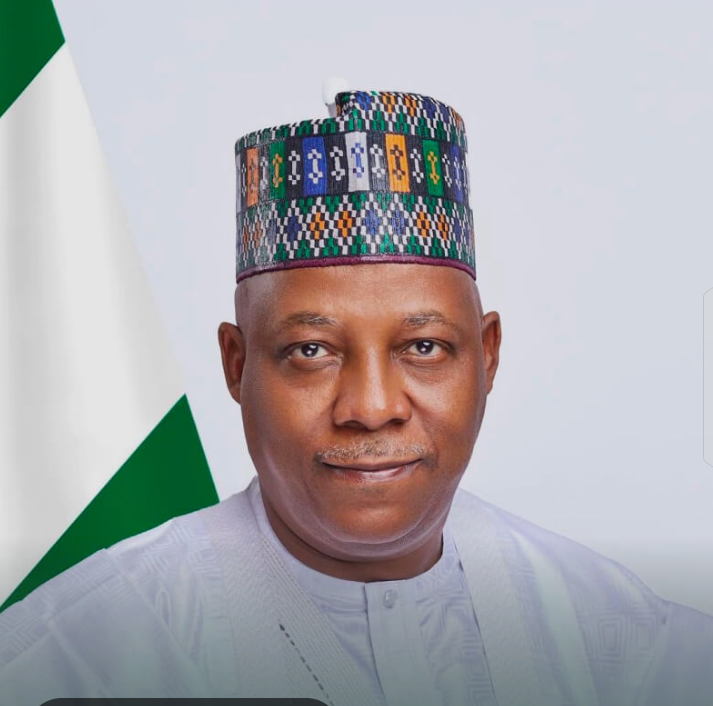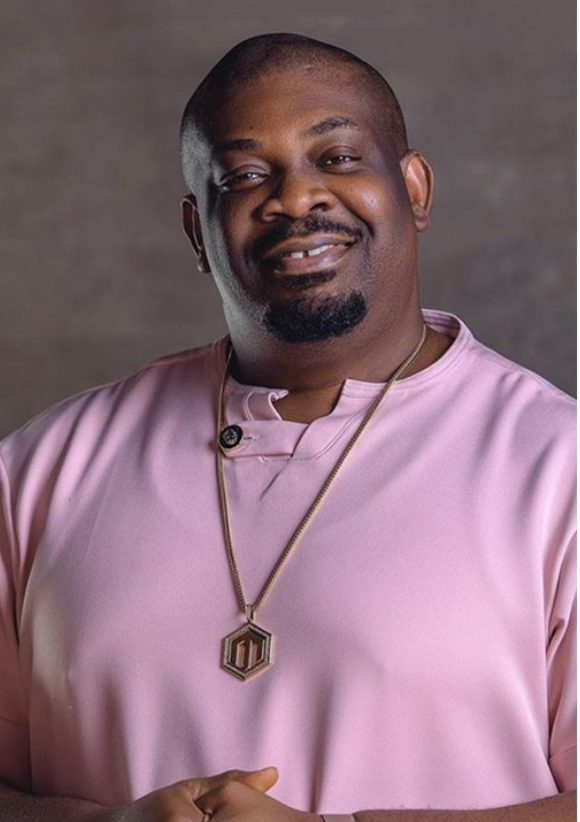
Shettima Trends as Nigerians Fear a Worse Fate if Tinubu Resigns: The Politics, The Rumors, and the Real Story Behind the Viral Boko Haram Photo

Nigeria’s political climate has entered another boiling phase as Vice President Kashim Shettima jumps to the top of trending conversations, not because of a fresh scandal, but because many Nigerians calling for President Bola Ahmed Tinubu’s resignation are suddenly worried about what comes next. In a dramatic turn of public sentiment, the same voices demanding that the president step aside are now expressing regret as they realize Shettima would be the next in line — a prospect many believe could be even more unsettling. The conversation has quickly shifted from “Tinubu must go” to “But can we risk Shettima taking over?” and that is the dilemma tearing through Nigerian social media today.
As Shettima’s name climbed the charts of X and Facebook discussions, an old, controversial photo resurfaced — the viral image purporting to show the vice president dining with Boko Haram members. But political analysts and fact-checkers have once again reminded the public that the photo is not authentic. Or more accurately, it is wildly misinterpreted. The men in the photograph, contrary to years of online narratives, were not terrorists but Fulani nomadic pastoralists whom the then-Borno governor visited as part of efforts to integrate their children into a free educational program. According to local sources and a video clip from that day, Shettima had gone to the Fulani settlement to persuade parents to allow their kids to attend school. After discussions, food was shared and pictures were taken. What was an outreach initiative a decade ago slowly transformed into one of Nigeria’s most enduring pieces of political misinformation.
Despite the clarification resurfacing, the distrust lingers. The public mood shows that Nigerians are not simply reacting to the photo alone but to a long-standing suspicion surrounding Shettima’s tenure as governor. Many critics point to a 2012 security flashpoint: the arrest of a fugitive Boko Haram commander, Kabiru Sokoto, in a house reportedly linked to Shettima in Abuja. Although no report directly tied the former governor to the terrorist’s presence and no legal action was taken against him, the event left a stain in public memory that opponents still weaponize. In the world of Nigerian politics, perception is often stronger than confirmed evidence, and Shettima continues to battle the shadows of the past.
But this current wave of fear is not happening in isolation. Nigeria is experiencing a heavy, tension-filled period marked by allegations of an “Islamization agenda,” renewed ethnic distrust, and a nationwide Christian community on edge after a tragic church attack in Kwara State. With emotions still raw and the scars of insecurity widening, many Nigerians argue that returning to the traditional Muslim-Christian presidential ticket is the only way to restore a sense of national balance. Political strategists have even suggested that Shettima’s chances of returning as Tinubu’s running mate in 2027 have drastically reduced for that reason alone. The ruling class, they say, may be forced to abandon the same-faith pairing — a controversial choice that contributed to Tinubu’s initial criticism — and revert to a more religiously diverse ticket to calm a deeply divided country.
This is why the idea of Shettima potentially becoming the next president has rattled many people. To some Nigerians, Tinubu staying in power is a lesser evil compared to a Shettima presidency. The belief — right or wrong — is fueled by years of online speculations, unresolved mysteries about Boko Haram’s growth in the northeast, and the persistent assumption that certain political actors know more than they admit. Even though there is no verified report linking Shettima to terrorism and even though security experts have dismissed the viral “breakfast with terrorists” narrative as misinformation, many Nigerians still strongly believe he is somehow connected to the insurgency. Misinformation has done its damage, and distrust has become a political currency.
But beyond sentiment and social media heat, Nigerians are now revisiting the country’s constitutional line of succession — a hierarchy many people had never bothered to study until this week. If anything happens to the president, the chain is clear and automatic: Tinubu first, Shettima second, then Senate President Godswill Akpabio, followed by the Speaker of the House of Representatives, Tajudeen Abbas. If those offices fail, the mantle passes to Deputy Senate President Barau Jubrin, and then Deputy Speaker Benjamin Kalu. This reality has become an uncomfortable reminder that removing one leader does not guarantee a preferable outcome. The system is bigger than one man — and so are its consequences.
What stands out most in the ongoing conversation is how quickly Nigerian political debates can flip. Only months ago, Shettima was being praised for his sharp speeches, his “bulldog energy,” and his influence in stabilizing the administration’s public messaging. But as national tension rises, citizens are retreating into old fears and unresolved narratives. The resurfacing of the Fulani pastoralist photo — even after multiple clarifications over the years — shows how deeply misinformation can embed itself into a nation’s psyche. Nigerians are not necessarily analyzing facts; they are reacting to trauma, insecurity, and years of distrust toward the political class.
Political analysts warn that if the government does not address these fears transparently, social media narratives will continue to shape public opinion more powerfully than official statements ever could. Some experts believe this moment should prompt a national conversation about political storytelling, misinformation, and how easily Nigerians can be swayed by half-truths in the absence of trust. Others insist that the government must do more than issue clarifications — it must rebuild faith in leadership through actions, not explanations. For now, however, the tension continues, and Shettima remains at the center of a storm he did not ignite but must now navigate.
Whether or not Tinubu resigns is another question entirely, but Nigerians are suddenly very aware of what the Constitution dictates, and the possibility of Shettima becoming president has become a defining moment in public discourse. The irony is striking: the push for accountability has collided with the fear of a worse alternative, and now the nation is caught between change and uncertainty.
As the political drama unfolds, one thing is clear: Nigeria is rewriting its own narrative in real time, fueled by fear, memory, misinformation, and a desperate desire for stability. And until clarity emerges, Shettima will remain the reluctant face of a national debate no one saw coming.
Shettima is trending because Nigerians calling for President Tinubu’s resignation are ruing the idea of Kashim Shettima taking over, which could be worse, they believe.
— Trending Explained (@TrendingEx) November 19, 2025
Actually! The old viral photo of the VP dining with Boko Haram isn’t authentic.
Political analysts have… pic.twitter.com/zRkDAJA1uy


